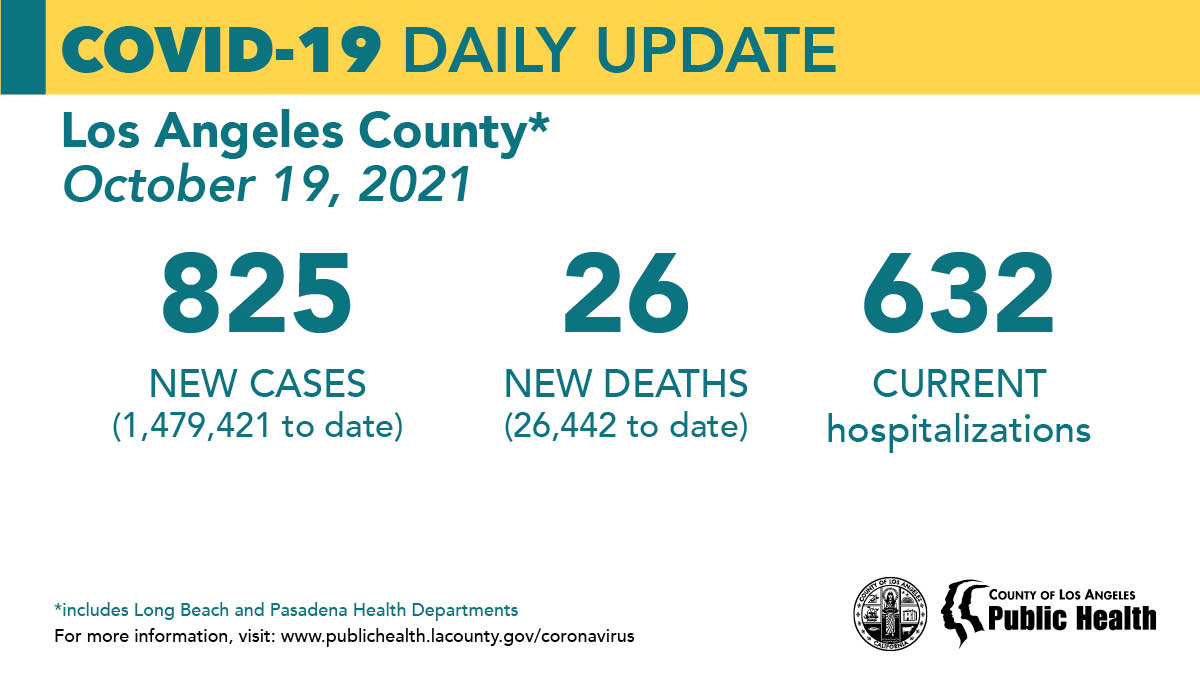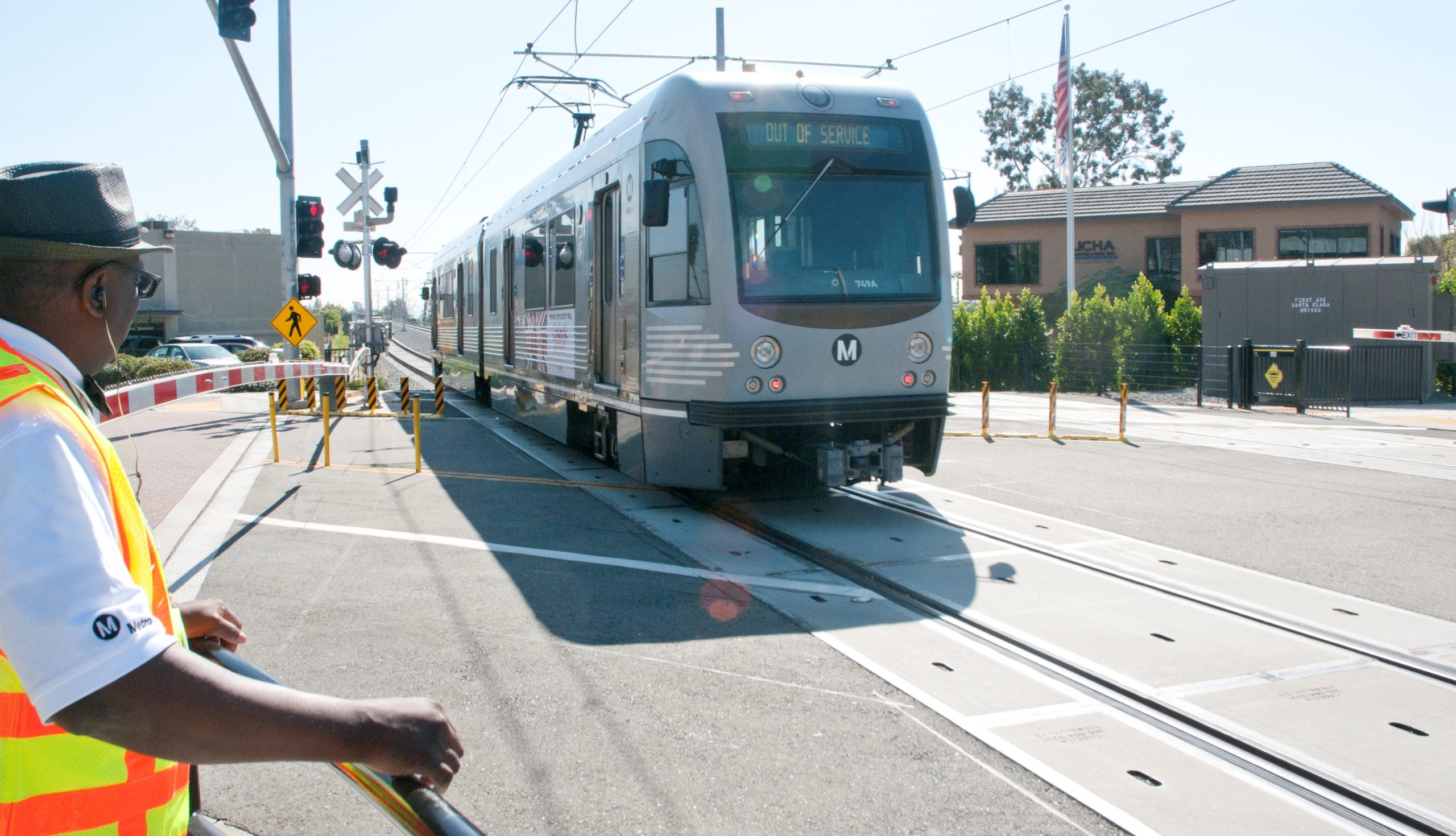The Los Angeles City Council adopted a motion Tuesday calling for the city to achieve carbon neutrality by 2030, 20 years earlier than the current goal.
The motion — which was co-introduced by Councilwoman Nithya Raman and Councilmen Paul Koretz and Kevin de Leon — instructs the city’s departments to report back to the council before the end of 2022 on a “robust, world-leading plan to achieve the moon-shot goal of carbon neutrality without offsets in Los Angeles by 2030.”
Offsets are an often-debated approach to preventing climate change that involve governments, businesses or individuals compensating for the emissions they are putting into the atmosphere. The compensation can include financing solar panels, restoring deforested areas or capturing greenhouse gas emissions from the atmosphere.
“There’s no doubt carbon neutrality without offsets by 2030 is an aspirational stretch goal,” Koretz said in a statement after introducing the motion on Sept. 21. “But if we are to rise up to meet the greatest challenge ever faced by humankind — in time — we must look climate change square in the face, mobilize LA with equity and justice, neighborhood by neighborhood, sector by sector, and do not what’s possible, but what’s necessary to keep our planet habitable and thriving. If that means making the impossible possible and the aspirational operational, so be it.”
In creating the plan, city departments were instructed to work with the Neighborhood Council Sustainability Alliance, the Climate Emergency Mobilization Office and the L.A. Cool City Challenge Team.
“The (Cool City Challenge Team) will help CEMO prioritize an equitable, inclusive mobilization throughout the city to ensure we build the social cohesion and infrastructure to prepare LA for climate emergencies that are worsening and creating more climate disruption,” said Marta Segura, CEMO director. “Carbon neutrality by 2030 without offsets is key to minimizing the climate chaos that is unfolding not only in LA, but around the world.”
The Cool City Challenge Team is a group funded by the Empowerment Institute that approaches climate change at a hyper-local level to educate people about water conservation, neighborhood resilience and climate change mitigation.
The motion also encourages the city to participate in the Cool City Challenge and have neighborhood councils provide at least two “Cool Block leaders” for each council district in an effort to implement climate change mitigation efforts at a hyper-local level.
“We have wasted years debating climate policy while our planet has steadily warmed to the existential crisis we face today,” Raman said. “Achieving carbon neutrality by 2030 without offsets may be bold, but I know that all of us who call Los Angeles home are ready to work arm in arm with our neighbors to accept the Cool Cities Challenge. We no longer have time to waste.”
The City Council voted Sept. 1 to move up the deadline to 2035 — from 2045 — for the city’s Department of Water and Power to transition to 100% renewable energy. The plan is expected to achieve 80% renewable energy and 97% carbon-free energy by 2030.
“We need to redouble our efforts across the board to confront this global crisis and show other cities and states how to address climate change and protect their residents,” de Leon said.







